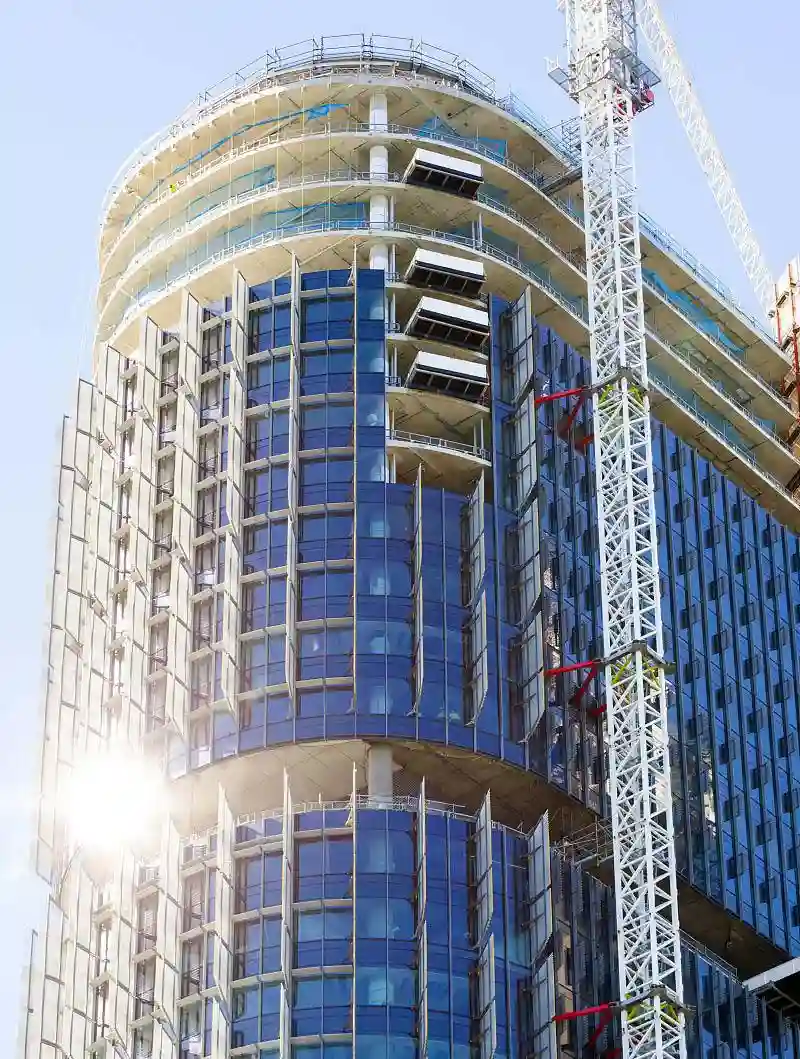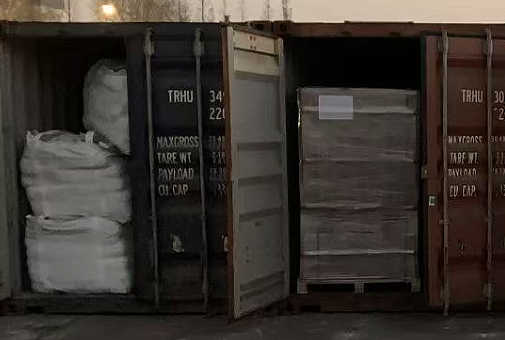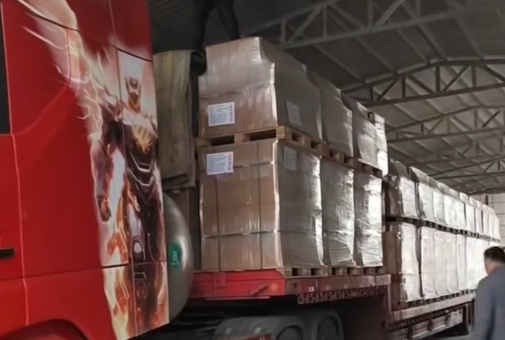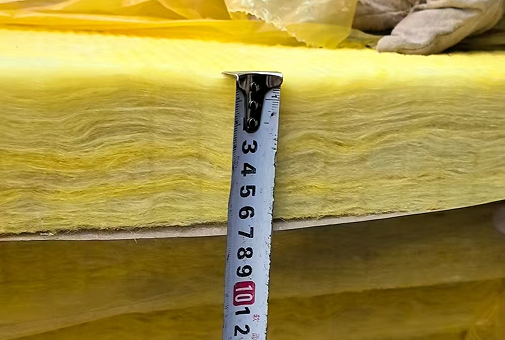In the bustling urban landscape center of Sydney, a landmark commercial building has undergone a transformation with a focus on sustainability and energy efficiency.
Project Overview
- Location: Sydney, Australia
- Application: Exterior wall insulation
- Material Specification: 100mm-thick glass wool board (density: 40kg/m³)
- Key Challenge: Balancing thermal efficiency with moisture resistance in Sydney’s subtropical climate (high humidity, frequent rainfall, and temperature fluctuations).
Why 100mm Glass Wool Board?
Sydney’s climate demands insulation materials that excel in both thermal resistance and humidity control. The 100mm glass wool board emerged as the optimal solution due to:
- Superior Thermal Performance: Its dense fiber structure minimizes heat transfer, reducing reliance on HVAC systems.
- Moisture Resistance: Closed-pore technology prevents water absorption, a critical feature for preventing mold and structural degradation in humid environments.
- Lightweight Flexibility: Ease of installation between existing wall structures and exterior cladding.

Installation Process
The retrofit involved a multi-layered approach:
- Layer 1: 100mm glass wool boards were mechanically fixed between the building’s concrete framework and internal drywall.
- Layer 2: A high-grade vapor barrier was applied to seal gaps and prevent condensation.
- Layer 3: A decorative composite panel was mounted for aesthetic appeal and UV protection.
This configuration ensured zero thermal bridging while maintaining the building’s modern facade.
Outcomes: Performance Beyond Expectations
The project achieved measurable success across energy, comfort, and durability metrics:
- Energy Savings: A 18% reduction in annual HVAC energy consumption was recorded, translating to AUD 42,000 in annual operational cost savings.
- Thermal Stability: Indoor temperature fluctuations decreased by 30%, eliminating the need for pre-workday HVAC preconditioning.
- Moisture Control: Despite Sydney’s 80% average humidity, no condensation or mold growth was detected on walls or insulation layers post-retrofit.
- Green Certification: The building achieved a 5-star NABERS Energy Rating, directly attributed to the insulation upgrade.
SEO-Optimized Key Takeaways for Industry Professionals
- Climate-Specific Solutions: The 100mm glass wool board’s dual thermal-hydro performance makes it ideal for subtropical/coastal zones.
- Cost-Benefit Ratio: The AUD 120/m² material cost was offset by a 2.3-year payback period through energy savings.
- Compliance: Meets Australian Building Codes (NCC 2019) for thermal resistance (R-value ≥ 2.8) and fire safety (AS/NZS 1530.3).
Conclusion
The Sydney Commercial Building project underscores the 100mm glass wool board as a cornerstone of modern sustainable construction. Its ability to harmonize energy efficiency, moisture resilience, and installability positions it as a go-to solution for commercial retrofits in climate-challenged regions. For architects and developers seeking LEED/Green Star certification or operational cost reductions, this case study offers actionable insights into material selection and system design.



